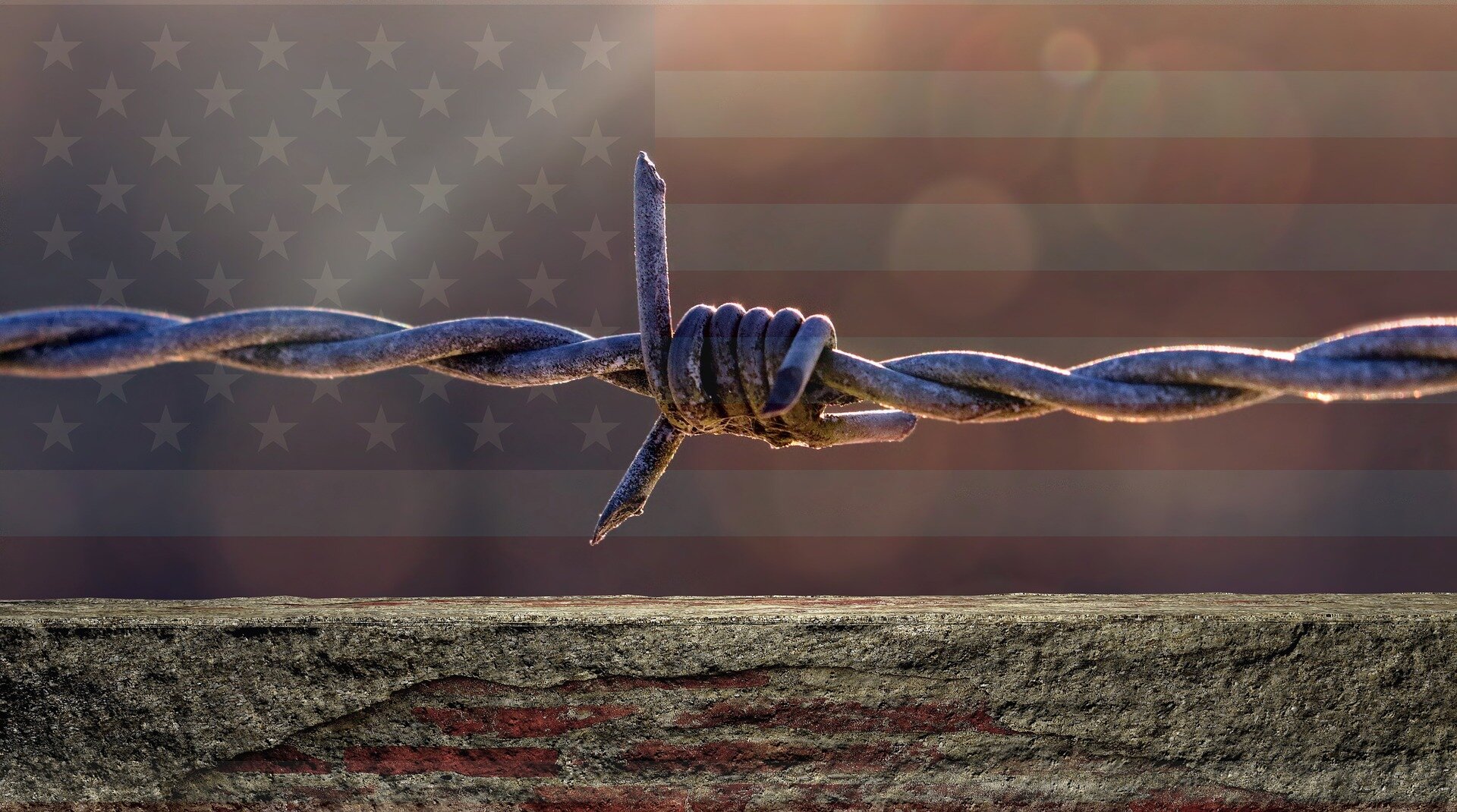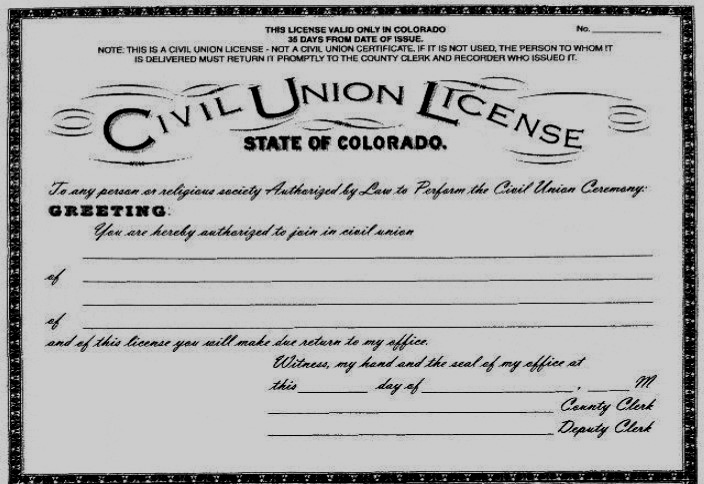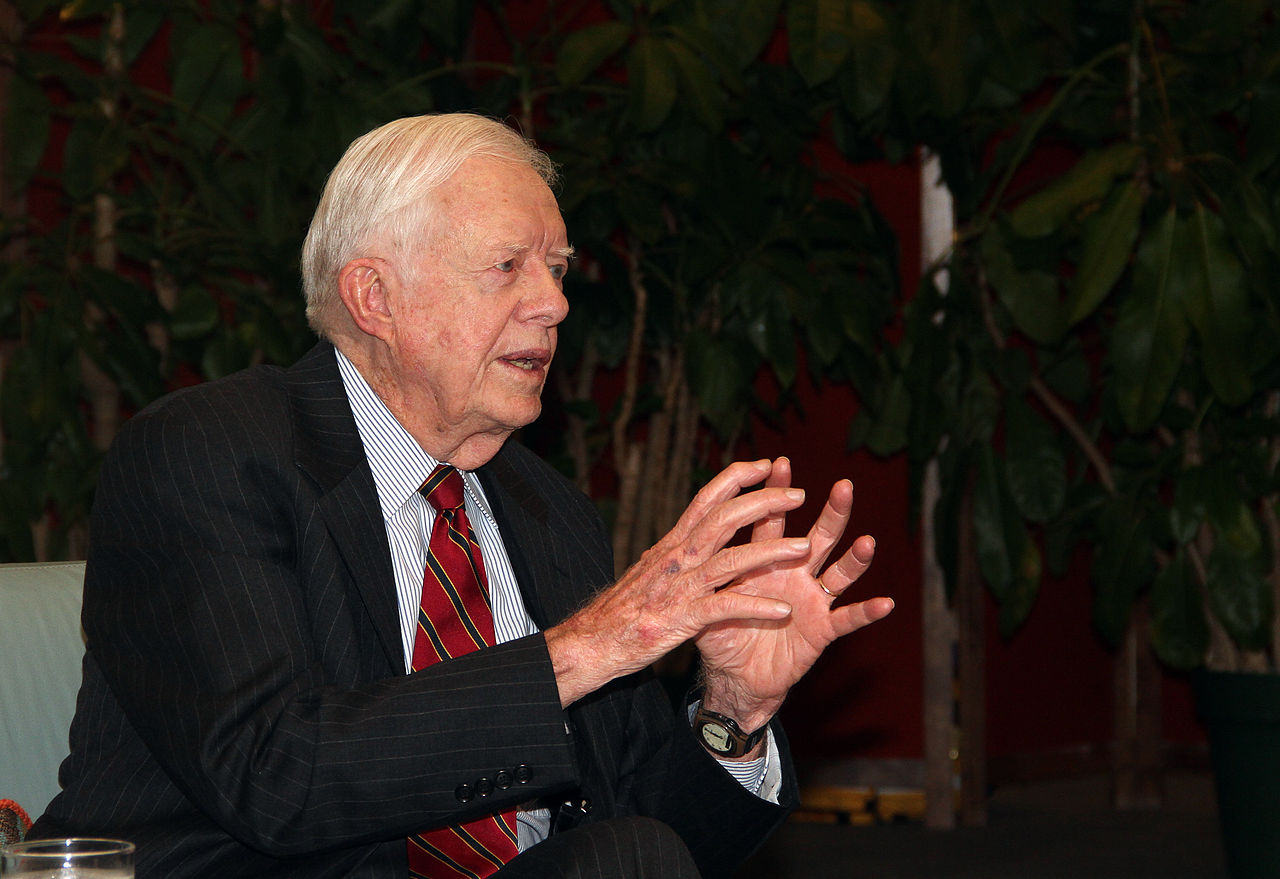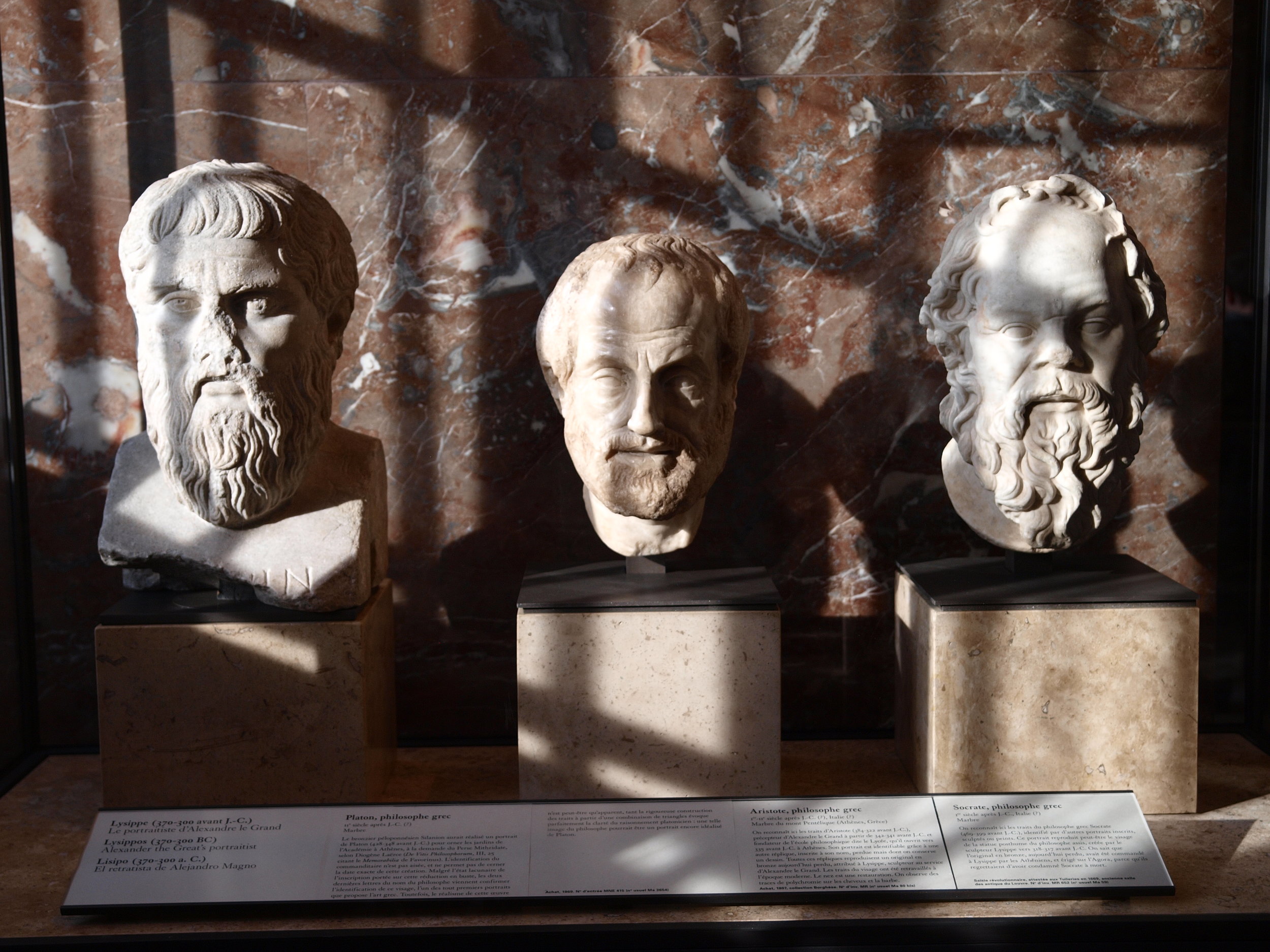Economics
Christian Restorative Justice in Business and Economic Relationships
Picture credit: freeGraphicToday | CC0, Pixabay.
Introduction
These resources explore moral and ethical problems in economics, held up against God’s creation order and God’s vision for relationships between human beings, and also between human beings and the created world. One important principle is highlighted by Khaled Hosseini’s The Kite Runner:
"There is only one sin, only one, and that is theft. Every other sin is a variation of theft. When you kill a man, you steal his life. You steal his wife's right to a husband, rob his children of a father. When you tell a lie, you steal someone's right to the truth. When you cheat, you steal the right to fairness." (Khaled Hosseini, The Kite Runner, p.17 - 18)
The following video clips are from our 2019 Conference: Healing Atonement and serve as examples of what you will find. The first video highlights how the housing market is not meritocratic, and is quite racist. The second video highlights how the commandments of not lying and not stealing raise serious concerns about corporate limited liability.
Messages and Resources on Christian Restorative Justice, Business, and Economics
Mako Nagasawa, John Locke’s Theology of Private Property, edited by Grace Tien and Maria Eugenia Funes, Religion and Racial Capitalism. Palgrave MacMillan, 2025.
American libertarians and private property absolutists appeal to John Locke, remembered as an English political philosopher. Locke originally positioned himself, however, as a biblical scholar and theologian. As such, Locke departed from Christian tradition. I argue the relationship between Locke’s political philosophy and the Bible is that of a parasite and its host. Christian leaders prior to Locke believed that the earth is the Lord’s, the fruit of the earth belongs to all, and the political community could modify property in various ways because it was ethically and chronologically prior to private property. Locke, however, argued that individuals first create private property by enclosing land and laboring on it, then bring their private properties into political society, which was meant by God to defend individual property rights. He thereby defended both the English Revolution of 1688 and also English colonialism in the Americas.
Slides of a presentation given to the 2022 Reconstruction class. The introduction features John Winthrop vs. Roger Williams to highlight the debate over freedom of religious Conscience vs. Christendom. The presentation highlights Christian accomplishments in health and hospitals, education and schools, land ownership and economic justice, and criminal justice reform.
Presentation given October 2, 2021 to the Reconstruction class. Explores early Christian emancipation and abolition. While Christians did not eliminate all forms of servitude, since servitude for civic penalties, indebtedness, war captivity, and self-indenture persisted, Christians eventually did eliminate what we know as chattel slavery. The presentation examines the Old Testament institution of the Hebrew ebed servant, and the New Testament approach to Greco-Roman modes of servitude. We glance at how colonialism and Trans-Atlantic slavery deformed traditional Christian teaching, mindful that more slavery exists today across the globe than every before, and that in the U.S., indebtedness and incarceration show that we have greatly exaggerated the claims that the U.S. has done better than the Bible on “slavery” and its constellation of challenges.
In this class, explore this public good approach to Christian ethics in the public square. This series will highlight twelve key relationships distorted by Plantation Capitalism, a system of production where elites exploit people and the planet, and corrected by Jesus in his Jubilee Economy. The following videos address finance:
Video 3: Enslavers vs Enslaved. Thieves vs Victims. Debtors vs Lenders. Employers vs. Poor & Poorer Workers. Christian faith had set up certain laws in Europe that abolished chattel slavery, thwarted the worst of labor exploitation, and persistently tried to limit finance and banks. But the colonies were a legal gray zone, where people could get away with exploitation and theft that they couldn't get away with back in Europe. European colonizers treated the North American colonies as a safe place to practice their heresies.
Video 5: Labor vs. Capital; Privatizers vs. Common Goods. Jesus reasserted God's vision of flourishing, where human and land health, and then labor rights, took clear priority over the right of elites to use money to make more money. How does WalMart do? See how we grade it. Also, Berlin residents voted to force BlackRock -- now a massive corporate landlord -- to sell back housing units to the city. How would Jesus think about that? We examine Jesus’ teaching on the relationships of Labor vs. Capital and Privatizers vs. Common Goods. Jesus asserted his claim on all creation and all people. So he extended the relational vision of God for human flourishing, where human health and land health, and human rights and labor rights took clear priority over the rights of capital and the ability of elites to use money to make more money.
See our class description. Register at our Thinkific course site.
Wayne Grudem's Misuse of Scripture in Politics According to the Bible
This is a blog post critiquing Grudem’s chapter about economics. Grudem argues for a minimal state with no public lands or public functions, because he believes that all land and property must be private. He misunderstands very important biblical passages like Leviticus 25. See also this humorous take by Kanosea, The Gospel of Supply Side Jesus. Imgur, Apr 9, 2014.
Christian Restorative Justice: Human Dignity, Work, and Wealth
These are slides to a presentation on the biblical vision of jubilee economy is compared to the intergenerational inequality perpetuation of modern American capitalism.
Christian Restorative Justice: Beyond Charity - God's Restorative Justice for Children and Families
These are slides to a presentation given to Boston Chinese Evangelical Church, on biblical basis for supporting children regardless of what their parents did or endured. Provides many examples from church history of Christians providing education, public goods, etc. broadly.
Sangwon Yang and Mako Nagasawa, Reparations and the Key Question in Restorative Justice
One of the fifteen blog posts that make up the curriculum, A Long Repentance. This post explores the question of the role of public-private partnerships in economic development, in a forward-looking and responsive way, not only in a backward-looking way. It does argue that since the U.S. government played such a strong role in certain industries and regions, it should do so as part of an industrial policy and social policy. A 10 - 15 minute read.
Debate on Facebook with LF About Vaccines and Anti-Trust
A debate on May 13, 2021 about COVID-19 vaccine development. Mako advocated for using anti-trust policy to limit the power of major vaccine supply-chain corporations, in order to bring down costs and increase capacity. LF argued against based on the notion that government interference usually produces bad results.








































